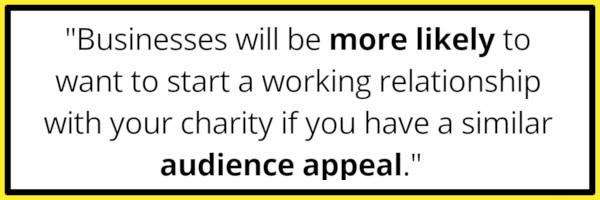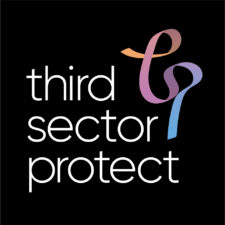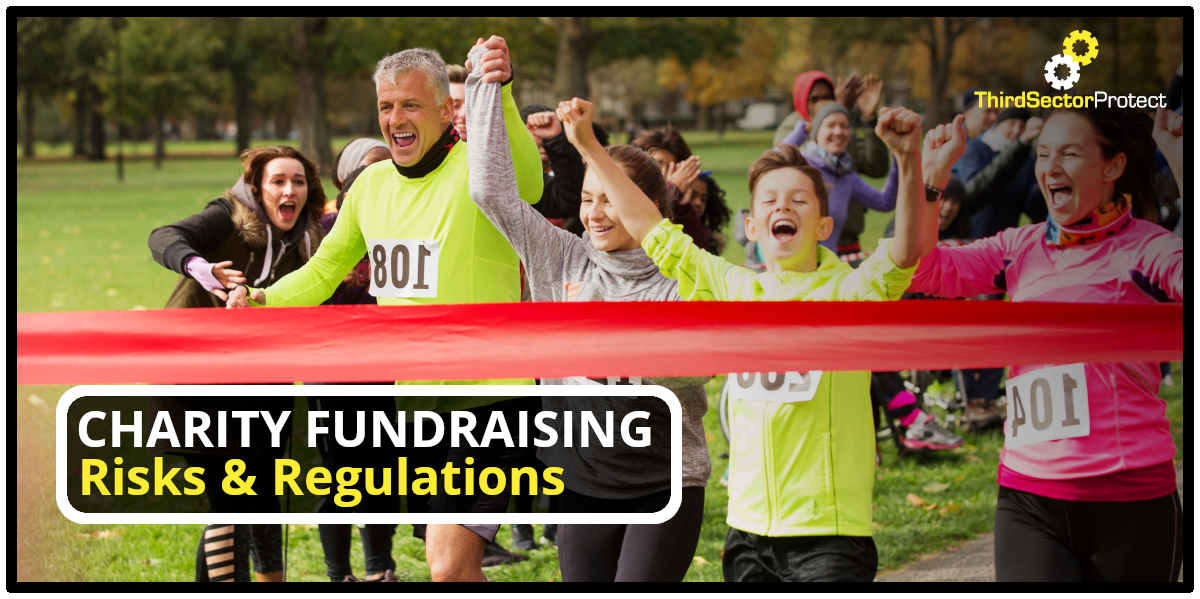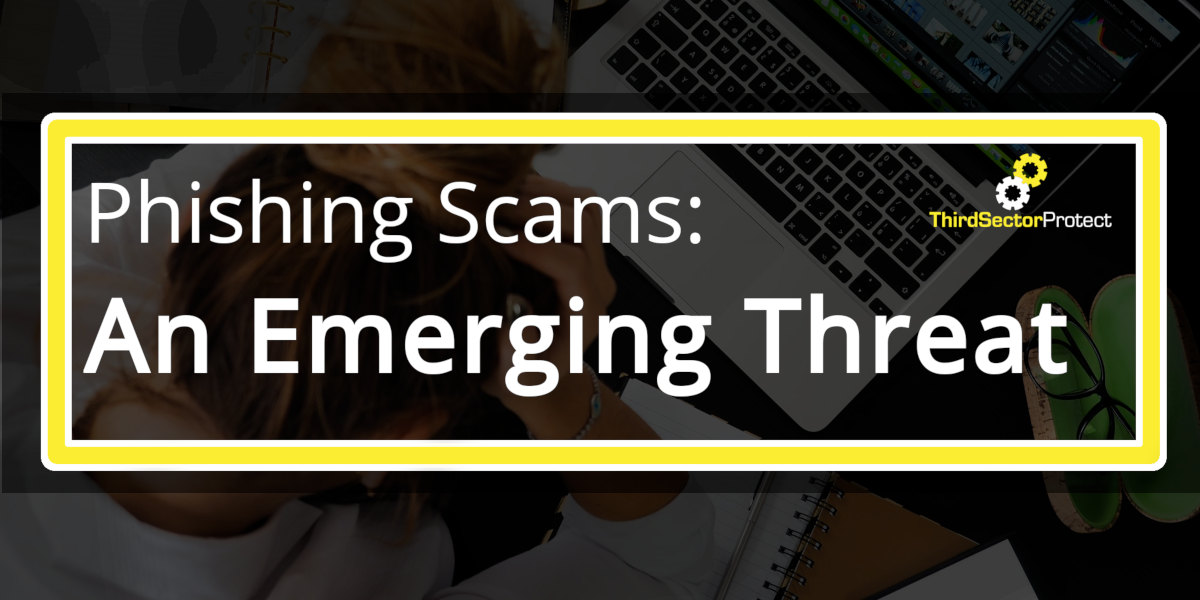
How To Attract Business Sponsorship As A Small Charity
When a business sponsors a charity, they not only get the warm fuzzy glow that comes hand-in-hand with doing a good deed, they also potentially improve their public and employee perception, open up new opportunities and better define their core identity. In this sense, sponsorship’s are a two-way street and it’s important for your charity to understand the value you bring to a business. While your charity receives help with funding the costs of an event or investing in new facilities, the business gets positive exposure and affordable marketing. We take a look at how you can showcase your charity and begin attracting business sponsorship.
Competing for sponsorship with larger charities
Most larger charities will already have the resources to reach out to corporations with sponsorship opportunities, making it much harder for small volunteer-led charities to compete.
In this instance, focus on local businesses first and foremost, who will be more likely to want to help the local community and have similar core values to your own. If you’re hosting an event, think about the resources and funding you need to make it happen and focus on reaching out to a mix of small, medium and larger business.
Match your audience
Think about the audience that your charity resonates with and who interacts with it most frequently and look for businesses with a similar target audience. This should include factors such as age range, gender, profession, location, likes, dislikes, motivations and so on. Businesses will be more likely to want to start a working relationship with your charity if you have a similar audience appeal.

Contacting businesses for sponsorship
There’re no hard and fast rules in how you should approach businesses in order to secure a sponsorship deal as every business works differently.
As a charity, it’s unlikely that you will benefit from taking a blanket approach to communicating with businesses, so you will need to change tact accordingly. For smaller local businesses it may just take a phone call, and a few follow-up emails, whereas larger businesses often have specific channels they require charities to go through.
Cold calling can be very effective when it comes to obtaining business sponsorship, as well as personal visits, mail and email. Always try to vary your methods of communication with any one company.

Follow leads
If one of your weekend volunteers works for a local company during the week, there’s no harm in asking them to put your charity forward to them personally.
As your reach extends and your charity becomes more widely known, your inner and outer circles will widen, and your leads will grow. Utilise these as they appear and always follow up on initial contact.

Give something back
Even though sponsorship’s are considered a form of charitable giving, businesses will want to see evidence that they will get some form of return for their investment.
At the end of the day, the sponsorship is a business agreement between your charity and the business and they will want to see a return, including recognition at your events and on social media, potential freebies to upcoming events and a mention on some of your printed promotional or marketing materials.
Track your analytics

If you’ve worked with companies in the past, it’s worth asking if they have seen any measurable results from your collaboration and whether they would be willing for you to share these. If possible, offer to track current sponsor’s campaigns as you work together so you can demonstrate your mutual value to each other through tangible data.
Uphold your end of the deal
If you’ve managed to seal the deal and successfully arranged a contract between a business and your charity, make sure to keep them updated on the progress of the event and evidence how it went.
Document the event through pictures and videos, making sure to get images of where the business was advertised and send this through to them after.

If you are hosting a charity event, make sure you’ve got sufficient insurance in place by contacting the team at ThirdSectorProtect Call us on 0800 877 8277.
Still want more?
Fancy reading more, why not check out these other charity & not-for-profit posts?
- Donate while you shop- How your charity can maximise donations
- Commission to crackdown on charity trustees following research
- Charities targeted by ICO over sensitive data and cyber risk
For more tips and tricks on all things related to charities, not-for-profits and community groups, follow us on Facebook, Twitter & LinkedIn.







